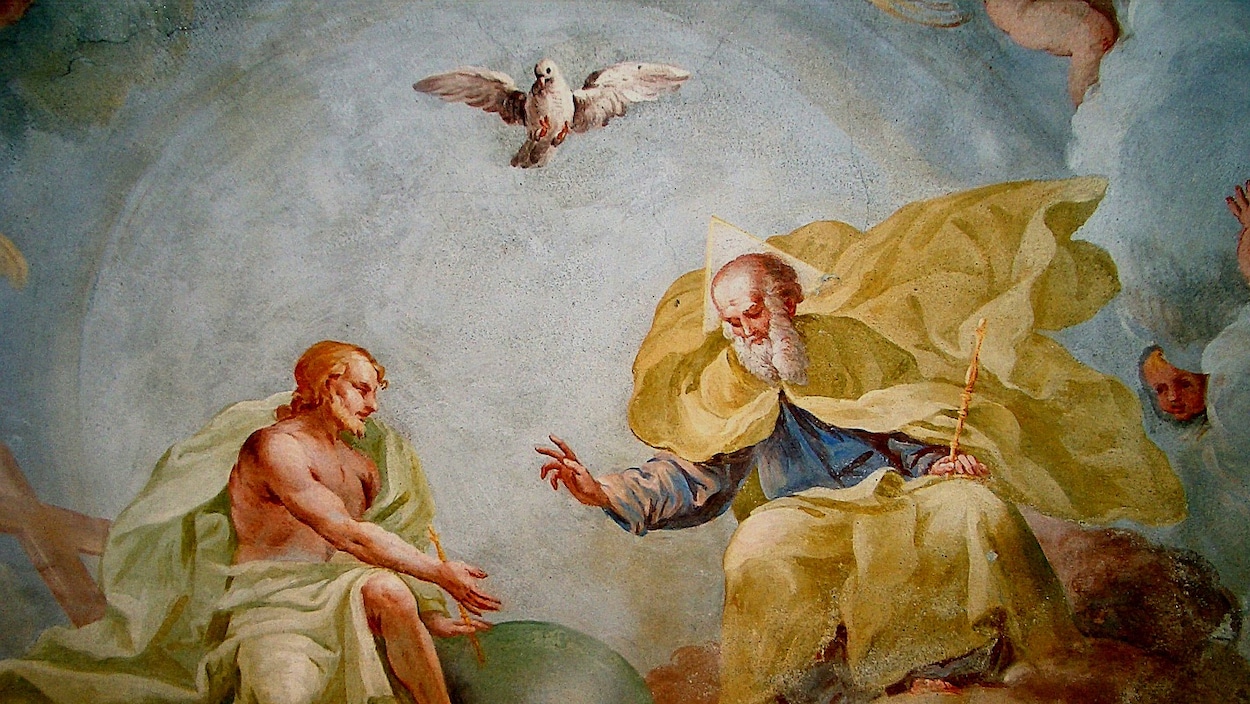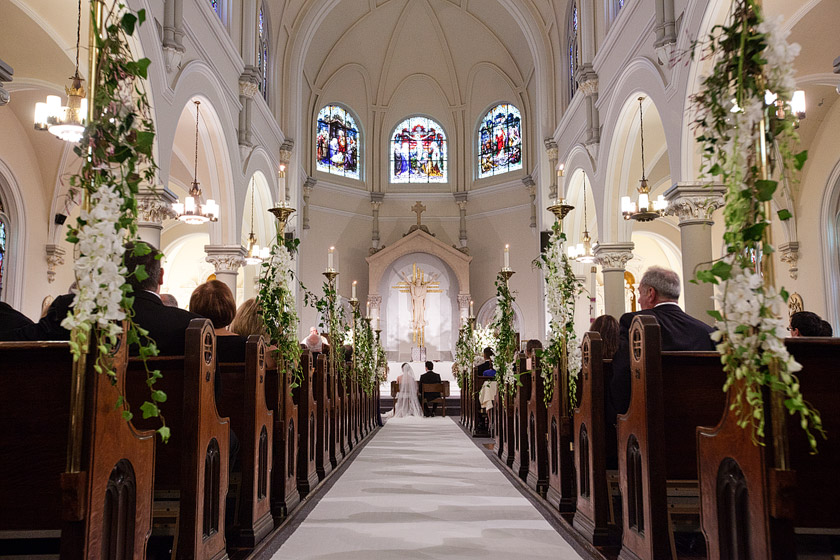About forty to fifty years ago there was a young man named Joshua Watson who grew up on a farm—the same farm that had been worked by his great-grandfather, Benjamin Watson, then his grandfather, and now his dad and older brothers. The Watsons were very proud of their family heritage, and couldn’t imagine any way of life other than farming; it was who they were. Josh respected this tradition. He himself loved the land; in fact, he loved it so much that he decided to go away to college to study agriculture and learn ways to make the family farm even better and more productive. This is what he did, and everyone was very proud of him; he was the first person not only from his family, but also from their small farming community, to go away to a university. However, when Joshua graduated from college and came back to the farm four years later, trouble soon developed. Josh began sharing his knowledge about farming with his dad and brothers, and even with all the other area farmers, telling how they could farm more efficiently, productively, and safely; he spoke of the benefits of contour plowing and crop rotation, and the need to eliminate using DDT and to stop letting the run-off of manure and pesticides go into the creeks and rivers, so as not to contaminate the water, and the benefits of keeping computerized records of all farming operations, and so on.
Josh’s enthusiasm and new ideas were not very welcome; the neighbors said, “Who does he think he is?,” and “Yeah, old Ben Watson would turn over in his grave if he could hear the things that young’un wants to do to his farm.” Even Josh’s father admitted that his son’s ideas were too radical and newfangled for him. The young man felt depressed and rejected; he knew what he had learned at college was truly a better way of farming, but no one would listen. Therefore, a few months later Josh decided to join the Peace Corps and volunteer his time and agricultural expertise in a poor, undeveloped country. He ended up in a part of the world where the people were experiencing a shortage of food and water. Joshua learned that even there people were slow to accept new ways, but he persevered; using his knowledge, he taught them how to make great improvements in their farming, sanitation techniques, and standard of living, and within a few years he had helped end the famine there. The folks back home read the newspaper accounts and Josh’s enthusiastic letters; they were genuinely glad he found a place where someone needed his knowledge and talents, but they themselves continued farming in their familiar, comfortable ways—never realizing or believing that Josh’s presence and guidance could have been a big help to them, too (John & Jo-Perry Sumwalt, Lectionary Tales for the Pulpit, Cycle B, pp. 139-140).
Why is it some people seem to be luckier than others, or happier than their neighbors, or apparently receive more blessings from God than everyone else?
There can be many different reasons for this, but one of these is very simple: God respects our free will, and if we choose to reject His gifts, or to act as if we don’t need them, He won’t force them upon us. The Lord offers us much more than we can imagine, but He gives us only as much as we’re willing to accept.
Sometimes people willingly accept whatever God sends them, even if it’s not what they expected; as St. Paul explains in his Second Letter to the Corinthians (12:7-10), what appears to be bad luck or a punishment from God can actually be a blessing if it teaches us to rely upon God’s strength instead of our own. However, people very often rebel against God, as the prophet Ezekiel (2:2-5) learned; those who reject God’s truth severely limit the Lord’s ability to bless them. This was Jesus’ experience in the Gospel of Mark (6:1-6a). His neighbors were amazed by His teaching, but because they had known Him for years, they wouldn’t take Him seriously. As a result, Jesus wasn’t able to work many miracles in Nazareth, so distressed was He by their lack of faith, and so He went to the neighboring towns and villages instead.
Abraham Lincoln once said, “Most people are about as happy as they make up their minds to be.” This bit of folk wisdom can be paraphrased in religious terms: “Most people receive only as many blessings from God as they allow Him to give.” Perhaps there are attitudes or obstacles in our lives which are preventing God from blessing us as fully as He’d like to. For instance, maybe we’re a bit stingy when it comes to sharing our money or time or concern; if we became more generous and willing to make sacrifices, we’d probably experience God’s goodness and joy more than ever before. Perhaps there’s someone we take for granted, the way the people of Nazareth did with Jesus, or the way Joshua’s family did with him; if instead we really took the time to listen to this person, we might discover in him or her a God-given wisdom and depth of character we never would have suspected. It’s possible there’s something we’ve always thought about doing, such as joining a volunteer group or trying a new activity, but we’ve held back out of fear or embarrassment; maybe a little bit of courage on our part will open up a new world of meaning and self-satisfaction. If we don’t feel God’s mercy, maybe it’s because there’s someone we haven’t forgiven first; if we’re unhappy with the direction of our lives, perhaps it’s because we haven’t surrendered control to God; if we’re not at peace with ourselves, maybe it’s because we haven’t been responding to the Lord’s call.
God has a waterfall of blessings He’d like to give each one of us—but sometimes we only let Him use an eye-dropper. In such a case, the solution is simple: let’s pray for the honesty and courage and grace to open our hearts to Him as fully as we can, using His help to overcome our fears and laziness and bad habits. The more room we given God to work in our lives, the more we’ll be blessed; the happier we make God in letting Him share His love, the happier we’ll be in receiving it.








